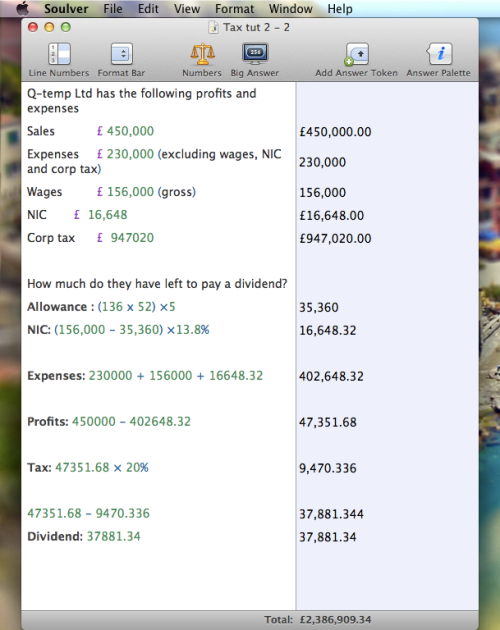Should a jury know what “balance of probabilities” means?
Robertson v HMA was a criminal appeal in April following a conviction of having a knife in a public place without reasonable excuse or lawful authority which centred on the direction of juries.
I think this case is a fantastic example of just saying too much to the police:
[3] The appellant was detained by the police officers in a car park in Musselburgh at the rear of the premises of a veterinary surgeon. At that time the appellant was standing in the car park smoking a cigarette. He had a carrier bag in which there was a golf club.
[4] When the police officers asked the appellant to empty his pockets, he produced from the inside pocket of his jacket a double-edged serrated knife.
[5] The appellant told the officers that he had borrowed the knife from his mother when he had moved house some weeks before, and was now on his way to her house to return it. After leaving his home he had interrupted his journey for some golf practice. He had his dog with him. Then he had gone to the vet for advice about his dog. He had tethered the dog outside. When he came back from the bet, the dog had gone.
The section involved (section 49 Criminal Law (Consolidation) (Scotland) Act 1995) says:
(4) It shall be a defence for a person charged with an offence under subsection (1) above to show that the person had a reasonable excuse or lawful authority for having the article with him in the public place.
and the standard of proof for showing that is the balance of probabilities. Some fantastically colourful reasonable excuses have been tried in Scottish courts since this defence was created.
My feeling on this one is that had he stopped after “on his way to her house to return it” that would be a perfectly reasonable excuse for carrying a knife. Going on to say he stopped to play golf and go to the vet (and why didn’t he take the dog into the vet?) starts to stretch credulity. Given the sketchy story I suspect the jury might well have got it right.
The main legal point is that Agar v HMA (2000) is very, very strong HCJ authority that “the balance of probabilities” is a phrase containing “plain English words” which juries don’t need special direction to understand. In the face of that there’s not much room for debate as a ground of appeal and that’s what happens to this case.
I don’t think it’s as straight forward as that, though, and I think lay people might well appreciate a quick “more likely than not” nod to help them there. Balance of probabilities is a very familar legal term for lawyers but it is a term of art and, to add to the confusion, is used differently in other fields. For one, in genetics it involves combining mathematical probabilties to come up with a numerical probability.
4dd6465fc78a86d0987870f88dffcb9c





